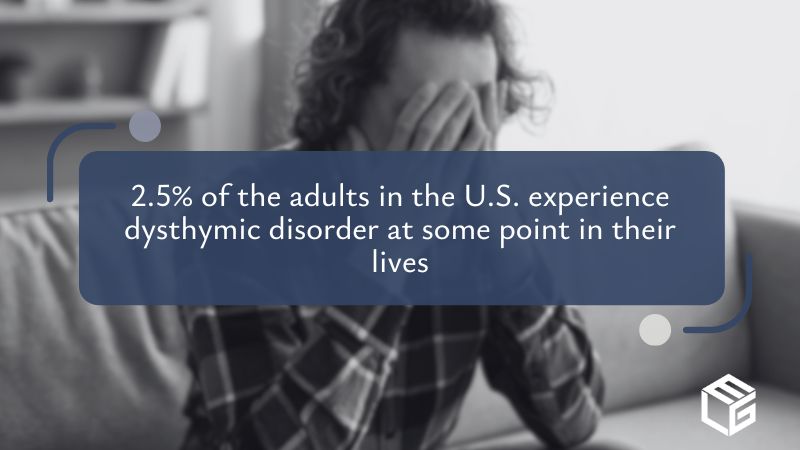More about info dysthymic disorder
Unlike short-term bursts of depression, dysthymic disorder is a form of depression that lasts for at least two years. According to Johns Hopkins Medicine, those affected by this disorder experience symptoms listed below:
- consistent sadness
- feelings of hopelessness
- low self-esteem
- changes in appetite
- difficulty concentrating and making decisions
- fatigue and lack of energy
- sleep disturbances
- loss of interest in activities once enjoyed
The dysthymic disorder often goes undiagnosed because it appears as low-level depression. As a result, those affected by the 9/11 attacks may not immediately recognize its symptoms. While dysthymic disorder may not immediately appear as severe as other forms of depression, its long-lasting symptoms can negatively impact a person’s life.
Compensation for dysthymic disorder after 9/11 trauma
Individuals diagnosed with dysthymic disorder as a result of the traumatic 9/11 experiences may be eligible for compensation through the 9/11 Victim Compensation Fund (VCF). Survivors, first responders, and residents can file claims for emotional distress under the VCF, which provides financial support based on pain, suffering, and economic loss connected to mental health issues like dysthymic disorder.
In addition to the VCF, people with mental health conditions can also receive medical care and support through the World Trade Center Health Program (WTCHP). While the VCF focuses on financial compensation, the WTCHP provides health services so victims can receive the care they need.
